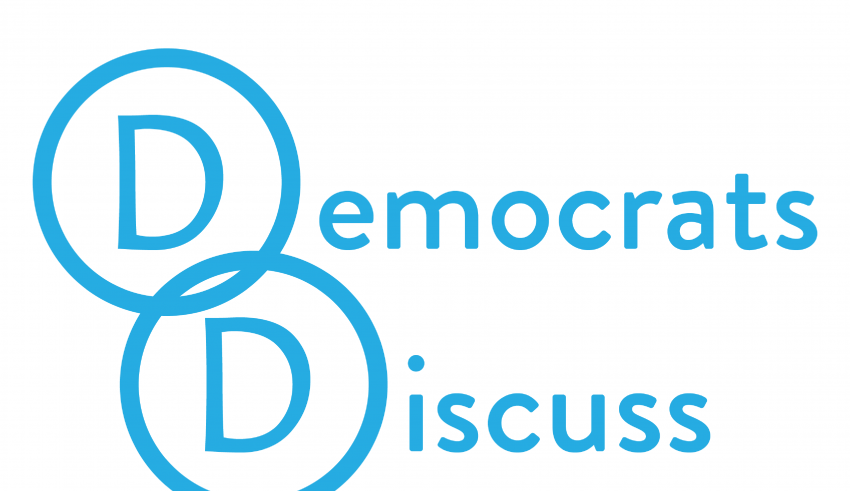OPINION: Democrats Discuss ー Keeping up with Bolivia
Owen Cotton is a sophomore studying history and classics. He is a member of the Ohio University College Democrats. The following article reflects the opinion and views of the author and does not present the thoughts of the Ohio University College Democrats.
This is a submitted column, and please note that these views and opinions do not reflect those of The New Political.
On Oct. 20, the Plurinational State of Bolivia held a general election to determine the next president of the South American nation. After the opposition was split between the centrist liberal Civic Community Party and the right-wing Christian Democratic Party, the socialist incumbent Evo Morales was reelected with 47% of the vote, becoming the first president in Bolivian history to be elected to a fourth term in office.
The election came under criticism from the Organization of American States, a multinational organization based in Washington, which has been accused by some critics of having a deeply pro-American bias. The OAS alleged that there was voter fraud in the latest election in Bolivia and called for a new election. Morales agreed to accept this decision and hold new elections, but before this could happen the head of the Bolivian army, Gen. Williams Kaliman, called for Morales to step down.
After protests in Bolivia escalated, Morales was forced to resign, along with many leaders within his party. He has received asylum from the Mexican government, while the second vice president of the Senate, Jeanine Áñez, has declared herself interim president.
Morales was the first president of Bolivia to come from the nation’s large indigenous community, which is estimated to constitute about one-half of the population. Morales identifies closely with his indigenous heritage, adopting the Wiphala, the emblem of the native people of the Andes, as Bolivia’s secondary flag. His time in office has been marked by increased secularization, as well as acknowledgment of native religions.
Morales himself practices a syncretic form of Catholicism that mixes Christianity with the traditional religion of native Bolivians. Upon seizing control of the country, opposition leaders publicly burned the Wiphala. Interim President Áñez entered the presidential palace carrying an oversized Bible, proclaiming that “la Biblia ha vuelto al Palacio” or “The Bible has returned to the Palace.”
Áñez had previously made negative comments toward native Bolivians, saying in 2013: “I dream of a Bolivia free of satanic rites, the city is not for the ‘Indians,’ they better go to the highlands or the Chaco.” These are two rural regions of Bolivia with large indigenous populations.
Events in Bolivia have drawn the attention of American politicians. Presidential candidate Bernie Sanders tweeted on Nov. 11 that he was “very concerned” about “what appears to be a coup in Bolivia.” Other Democratic politicians in America echoed these sentiments, including Rep. Alexandria Ocasio-Cortez and Rep. Ilhan Omar. Meanwhile, President Trump approved of Morales’ departure, saying that it was a victory for democracy and that it should send a message to Venezuela, another South American country that opposes U.S. interests.
The general consensus in mainstream American news in the past few days has been generally pro-coup and anti-Morales. Many sources have avoided using the term coup altogether, preferring to describe Morales having merely resigned due to protests.
One example comes from an article in The Atlantic, written by contributing editor Yascha Morak, that described Morales as an "aspiring dictator" who "claimed authoritarian powers" and who "finally went too far." Rather than a coup, he makes the case that it was merely a sign that the police were no longer "willing to do his violent bidding.” But the article doesn't make any attempts to actually analyze the situation.
There's a protest that claims that Morales tampered with the election, therefore Morales tampered with the election. This is something you can see through most of the American coverage of this event. Naturally, much less attention has been given to the pro-Morales protests which have begun in the wake of the coup. While the initial anti-Morales protests were characterized as a spontaneous uprising by freedom-loving patriots, the current pro-Morales protests are not given the same treatment.
When the current protests are mentioned, they are described in general terms, and the articles make sure to claim Morales's involvement, as well as the violence used by the protesters against their opponents. We aren't told the content of their graffiti, or their chants and slogans. They're not the ones being interviewed. It seems that the U.S. media has already picked a side.
Some call Morales a tyrant for attempting to run for a fourth term in the first place. Morales has been the incumbent since 2006, but Angela Merkel, Chancellor of Germany, has been in power for a full year longer, and she isn't called a tyrant or a dictator.
It’s important to remember the history of the U.S. supporting military coups and dictatorships in Latin America — specifically in Bolivia. In the 1970s, General Hugo Banzer seized control of the Bolivian state and installed a repressive military regime. American agents aided Banzer by sending him an actual Nazi war criminal. The Nazi in question was a former SS officer named Klaus Barbie, known as the Butcher of Lyon, who is believed to have killed around 14,000 people during the Nazi occupation of France, including children.
One of Morales's last acts in power certainly gained enemies. The former president made a decision to nationalize Bolivia's lithium mines, which produce between 50-70% of the world's supply of lithium. Lithium is shipped off to be used in the production of batteries, but Morales believed it would be better for the Bolivian economy for these batteries to be manufactured in the country. Less than a week after this decision, he was overthrown. Just another coup to add to the list.

